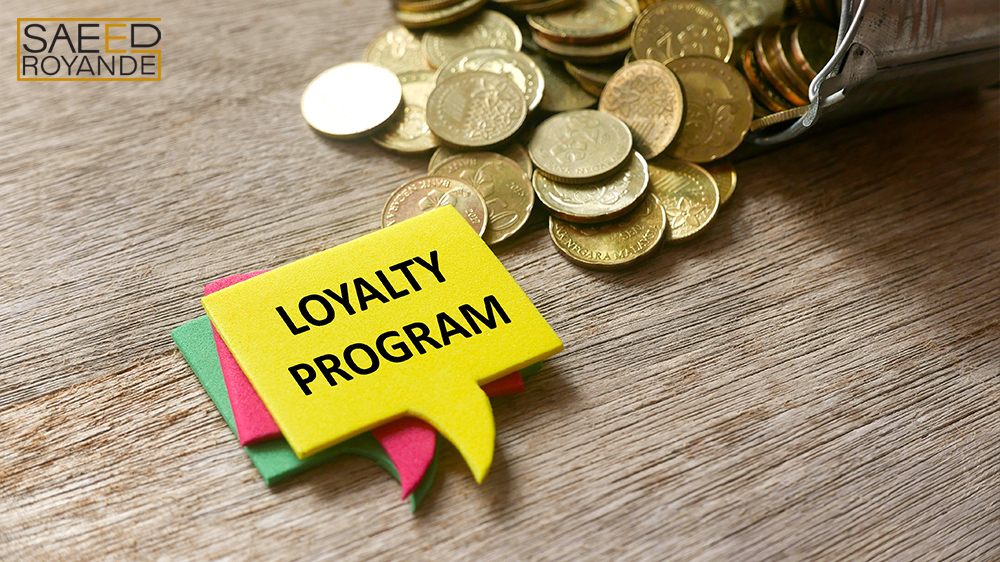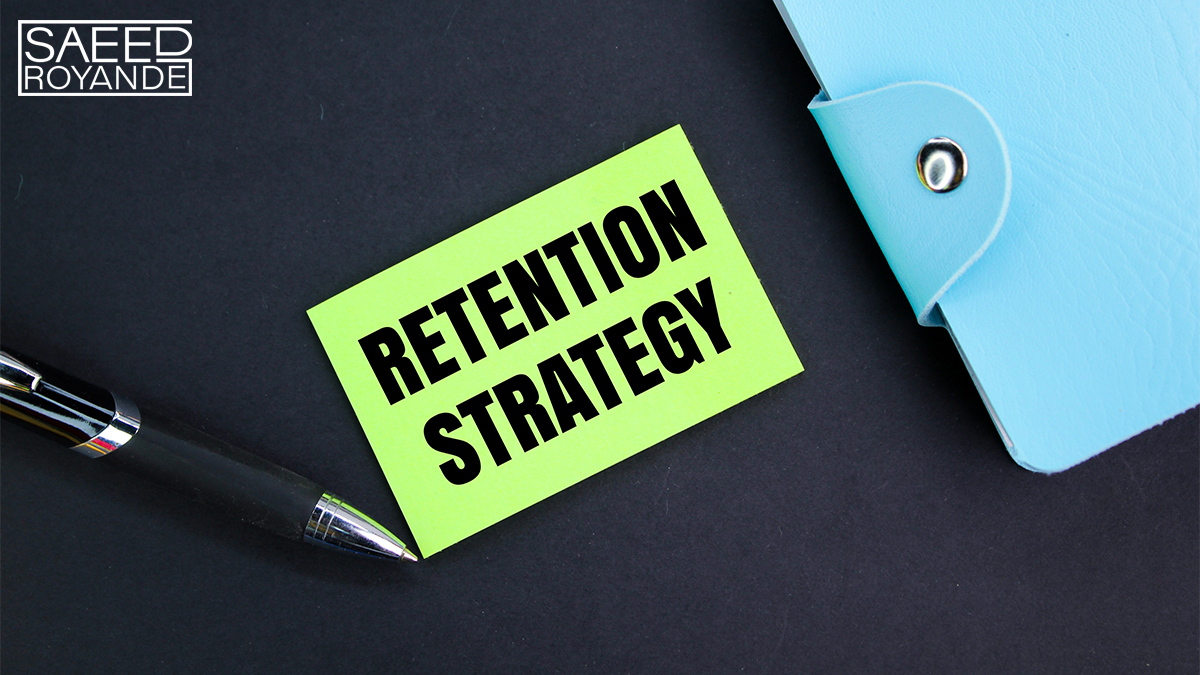In today’s extremely competitive business world, building and maintaining a loyal customer base is more crucial than ever. Customer loyalty comprises more than just repeat purchases; it also includes a more personal relationship and trust in the brand. Loyal customers not only continue to purchase your products or services, but they also become advocates, spreading positive word of mouth and contributing to the long-term success of your company.
Why Customer Loyalty Matters
Some of the most important reasons to keep your customers coming back are:
- Customers who are satisfied with your service are more inclined to buy from you again. This might provide a reliable source of income.
- Retaining an existing customer base might be much more cost-effective than trying to attract a new one.
- The most effective form of advertising is word-of-mouth, in which happy customers enthusiastically suggest your product or service to their friends, family, and coworkers.
- Reputation and confidence in the brand come about when loyal customers are attracted and retained.
- Loyal consumers are more inclined to offer helpful comments and suggestions on how to improve your products and services.

Happy customer
Understanding Customer Loyalty
If a company wants to create and keep loyal customers, it must first understand what motivates them. To do this, one must understand what makes consumers loyal to a specific brand over others and what keeps them coming back for more. Businesses may improve their customer loyalty by learning the factors that keep their customers coming back. Here are key aspects to consider when seeking to understand customer loyalty:
- Repeat Purchases: Customers who are loyal to a brand are more likely to buy from them again. Loyalty can be inferred from a customer’s repeated preference for one brand or product over another. The level of client loyalty can be gauged by looking at the buying habits of repeat customers.
- Emotional Connection: A customer’s loyalty to a brand can stem from more than just their satisfaction with the company’s products or services. Emotionally invested customers are more likely to remain loyal to a brand over time. An emotional connection can be made through similar experiences or ideals, a reputable brand name, or one-on-one interactions.
- Trust and Reliability: Customers are more likely to stick with a company they know they can trust and rely on. For a business to earn a customer’s loyalty, it must demonstrate that it cares about more than just making a sale. Gaining someone’s trust calls for steady results, openness, and communication.
- Perceived Value: Customers are more likely to remain loyal if they sense value in their interactions with a brand. Product quality, competitive pricing, tailored experiences, convenience, and great customer service are all ways to provide value to consumers. Loyalty may be increased by learning what customers care about and always giving it to them.
- Customer satisfaction: Happy customers are more likely to return. Surveys, feedback methods, and encounters with customer support staff are all good ways to gauge client happiness and gain insight into how to best serve and retain your most devoted patrons.
- Customer Segmentation: Segmenting your clientele is essential because not all clients are loyal in the same way. Loyalty-building methods can be more effectively targeted at specific groups of customers if marketers have a thorough understanding of client segments and their individual qualities, interests, and habits. Loyalty-building, individualized customer experiences can be achieved with the help of customer segments identified based on demographics, purchase history, engagement levels, or preferences.
- Competition and Switching Costs: Customer loyalty is determined by the competitive landscape and the presence of switching costs. Customers may find it less of a hassle to switch brands in the face of intense competition and low switching costs. Maintaining customer loyalty requires an understanding of the competitive landscape and the identification of ways to differentiate your brand and boost switching costs.
- Feedback and Engagement: Listening to and responding to customer feedback is essential for learning about your customers’ wants, and needs, and how you can better serve them. You may learn a lot about your clients and show them you care by interacting with them through surveys, social media, online reviews, and other direct lines of communication.
- Personalization and Customization: Customers are more likely to remain loyal to a brand if they feel like they’re getting something they want. By keeping track of their customers’ likes, dislikes, and buying habits, businesses can create a one-of-a-kind experience for each individual and increase customer loyalty as a result.
- Long-Term Relationship Building: Keeping customers happy takes time and effort, so focus on building lasting connections with them. It demands constant efforts to engage, keep, and strengthen relationships with clients over time. Customers become loyal when businesses consistently meet or exceed their expectations throughout the customer life cycle.

Gold coins and a stack of speech bubbles written loyalty program
Loyalty-Building Strategies: Expert Advice from Business Coaches
The knowledge and experience that business coaches bring to the table can be invaluable when it comes to advising their clients on how to increase customer loyalty. Business coaches often guide the following when it comes to retaining customers:
Focus on the Customer Experience
Business mentors stress the need to provide memorable interactions with customers at every stage of the buying process. They push organizations to go above and beyond consumer expectations, emphasizing responsiveness, individualized interactions, and a seamless customer journey. Businesses may attract and retain customers, and stand out from the competition, by putting the customer’s needs first.
Build Strong Relationships
Business mentors often stress the need to establish trusting connections with clients. They suggest that firms make an effort to learn about the wants, requirements, and frustrations of their clients. Businesses may foster consumer loyalty and trust, which in turn can lead to lasting partnerships, by open and honest communication with their clientele.
Communicate Effectively
Customers are more likely to remain loyal if you can keep in regular contact with them. The necessity of honest and open dialogue with clients is a constant theme among business mentors. To constantly enhance their products and services, they recommend that companies keep customers informed, quickly resolve their issues, and actively seek feedback.
Offer Value and Personalization
Providing value to clients is essential to establishing loyalty. Business coaches encourage organizations to understand their client’s specific requirements and preferences and adjust their services accordingly. Customers are more likely to find value in what you have to offer when you tailor your approach to them individually by providing them with tailored information, promotions, and recommendations.
Implement Loyalty Programs
The use of loyalty programs has been shown to increase customer retention rates. A business coach can help a company create and implement a customer loyalty program that gives repeat customers special treatment. They recommend that companies make their loyalty programs user-friendly, interesting, and relevant to their target demographic.

Female shop assistant passing a bag to a customer
Examples of Entrepreneurs Harnessing the Power of Customer Loyalty
The success stories of entrepreneurs are a compilation of instructive real-world examples that show how business owners may use customer loyalty to their advantage. These success stories serve as valuable case studies, illustrating the transforming impact of developing great relationships with clients. Some prime instances are as follows:
Patagonia, the maker of high-quality outdoor clothes and equipment, has built a devoted fan base because of its dedication to ethical and responsible business practices. Patagonia has achieved success by gaining consumer loyalty and converting them into ardent brand champions through a strategy of creating shared values with the company.
Starbucks has built a dedicated fan base by consistently prioritizing its consumers’ needs and preferences. Starbucks can maintain its customers’ interest and loyalty through its loyalty program and mobile app by providing them with personalized promos, easy ordering alternatives, and a streamlined experience.
Apple’s capacity to engender customer loyalty is obvious in its passionate fan group. Apple has earned its customers’ confidence and loyalty via its dedication to developing groundbreaking new products and providing superior support. Customer lock-in is exacerbated by the fact that Apple’s devices, software, and services make it difficult for users to transition to alternative providers.
Amazon has emphasized customer loyalty by providing a wide range of products, speedy shipping, and a hassle-free shopping experience. With its Prime membership program, Amazon gives exclusive privileges, such as free shipping and access to streaming services, motivating users to remain loyal. The firm has established itself as an industry leader in e-commerce by putting a premium on happy customers and constant innovation.

Customer relationship management
The Future of Customer Loyalty
In the future customer royalty will be defined by personalized experiences, digital and physical channel integration, subscription-based models, gamification, and the powerful influence of social media. Customers will increasingly look for firms that share their morals and concerns about the environment. Loyalty engagements will be radically altered by voice and AI assistants, but data protection and trust will remain of critical importance. In a more and more competitive market, consumer loyalty will be driven primarily by emotional connection and excellent customer experiences. By adopting these trends, organizations may adapt and thrive in the dynamic world of consumer loyalty.


